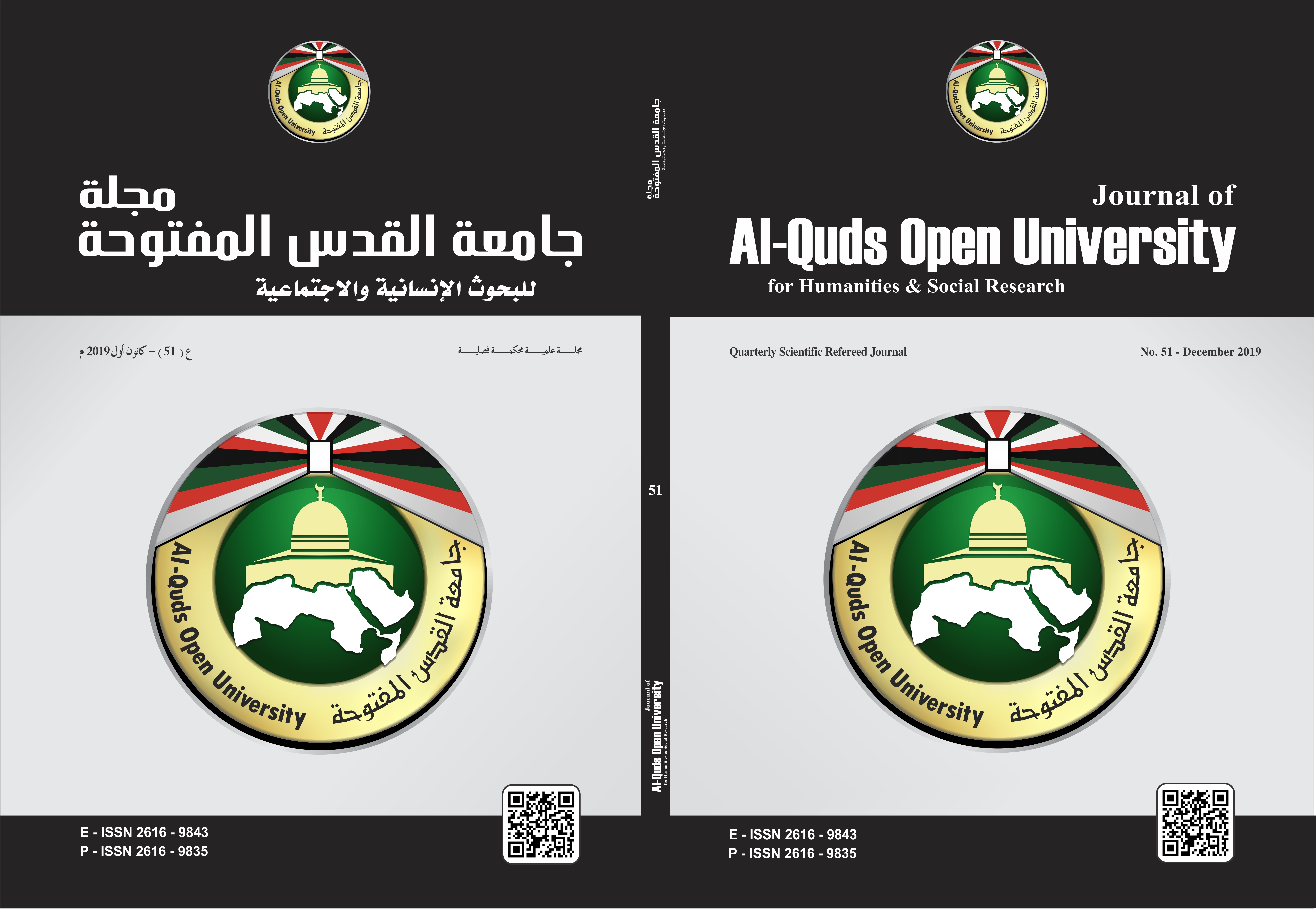Ramla’s Geopolitical Importance During the Fatimid-Qarmati Conflict AH)356-469968-1077 AC/)
Keywords:
Palestine, Egypt, al-Ramla, Fatimids, Qarmati, Arab TribesAbstract
Ramla is one of the important cities in Palestine. It was founded by Sulayman Ibn Abd al-Malik, brother of Caliph Walid Ibn Abd al-Malik, to be the administrative capital of the District of Palestine. Its importance lies in its strategic location as it connects the roads between the major cities in the region. The research presents the foundation of the city and the major events that occurred in it across different eras, focusing on its geopolitical importance during the Fatimid-Qarmati conflict, which took place throughout four centuries. During this conflict, Ramla was the center for the Qarmati armys and Arab tribes, which attacked the Fatimid government in several places, especially in the south of Palestine and Egypt. The Fatimid was defeated in many battels and its capital, Cairo, was almost destroyed. The Fatimid Caliph al-Muizz li-Dinillah was made to pay large amounts of money to the attackers in order for them to withdraw and leave Cairo. We provide a rational account of the major events in this conflict, which ended with the victory of the Fatimid and their control over the city of Ramla.
Downloads
Published
How to Cite
Issue
Section
License
- The editorial board confirms its commitment to the intellectual property rights
- Researchers also have to commit to the intellectual property rights.
- The research copyrights and publication are owned by the Journal once the researcher is notified about the approval of the paper. The scientific materials published or approved for publishing in the Journal should not be republished unless a written acknowledgment is obtained by the Deanship of Scientific Research.
- Research papers should not be published or republished unless a written acknowledgement is obtained from the Deanship of Scientific Research.
- The researcher has the right to accredit the research to himself, and to place his name on all the copies, editions and volumes published.
- The author has the right to request the accreditation of the published papers to himself.













_2.png)
_.png)
_2.png)
_1.png)
_.png)

